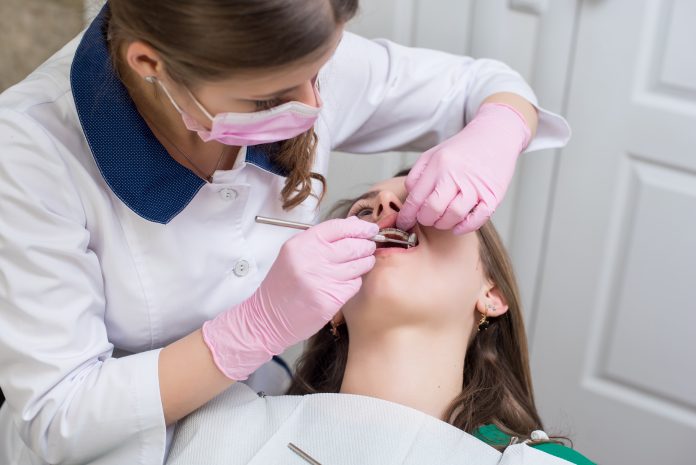UK patients are looking to European destinations such as Lithuania, where world-class medical care can be carried out quicker, privately, and at a much lower cost
In the United Kingdom, waiting times for dental treatment have reached record highs as a result of inadequate facilities, lack of staff, and outdated working models. As a result of these deficiencies, the number of children waiting for dental care for over six months rose by 52% between 2015 – 2018. A recent report also found that waiting times for a dentist appointment in the county of Cornwall had increased from 357 days in 2016 to 477 in 2019.
Dental is not the only area in which the NHS is severely affected. According to data published at the end of 2018, 4.15 million (6%) of the UK’s population is on the NHS waiting list, with over 2,000 of them having been waiting for over a year. Subsequently, UK residents are seeking medical care abroad in countries such as Lithuania, which can offer private health care treatments at a significantly more competitive price than they would in the UK, as well as quicker turnaround times.
One of the main areas Lithuanian medical professionals specialise in is dental implants, which cost EUR 750 per-tooth. In the UK, the price for same procedure is approximately £2,415. Thanks to Lithuania’s highly-developed medical and technological sectors, companies such as Health Tourism Lithuania are able to offer patients the latest implant solutions.
“Currently we have been observing increasing numbers of British patients, coming for various procedures, from plastic surgery to dentistry,” said Vytis Papeckys, one of the founders of Health Tourism Lithuania. “I think this is due to long NHS waiting lists, affordable prices and good quality of private healthcare here in Lithuania. Our company is definitely glad to see an increased interest from the UK.”
Dental implants that are chosen by many Brits coming to Lithuania are designed to replace the roots after a tooth is damaged and lost. These devices are small enough to fit into the bone under the gum, and crowns can be adapted to match the patient’s natural tooth colour. Furthermore, recent medical advancements made it possible to restore a full set of teeth as opposed to just one or two.
Two of the most popular forms of tooth implant sought out by medical tourists to Lithuania are endosteal and subpereosteal.
Endosteal implants are the most common type. These are suited for patients with a healthy and strong enough jawbone. These devices are shaped like screws and are then implanted into the jaw and fitted with false teeth. The implants are usually made of titanium, which is well accepted by the human body and will not become infected or react negatively. Despite the advancements made in dental technology, the implant and the jaw take some time to fuse and create a stronghold. The healing process takes between 6 to 12 weeks, as the jawbone needs to grow around the implant.
An alternative to the endosteal implant is the subperiosteal. The main difference between the two is that instead of being fixed into the jawbone, subperiosteal is placed atop the bone under the gum. These implants are made individually and take two procedures to implant. A metal frame with a post is placed under the gum, which then heals around the frame and holds it in place. The teeth are fused to the poles that protrude from the gum. This procedure is only used to treat patients who do not have enough jawbone remaining for an implant to be inserted, and do not want to receive surgery such as bone augmentation, sinus lift, or ridge expansion.
Since 2007, Lithuania’s medical sector has been restructured with financial support from the European Union, and is widely considered to be one of the leading European countries in terms of medical infrastructure and English-speaking medical professionals. It is also estimated that by 2022, Lithuania will attract almost 300,000 medical tourists per-year as a result of its medical facilities.
Despite an increase in government funding, the problems within the NHS appear unfixable for the foreseeable future. With no end in sight to long waiting lists and insufficient equipment, Lithuania is set to become increasingly popular amongst British medical tourists seeking quicker, lower-cost, world-class medical treatments.











